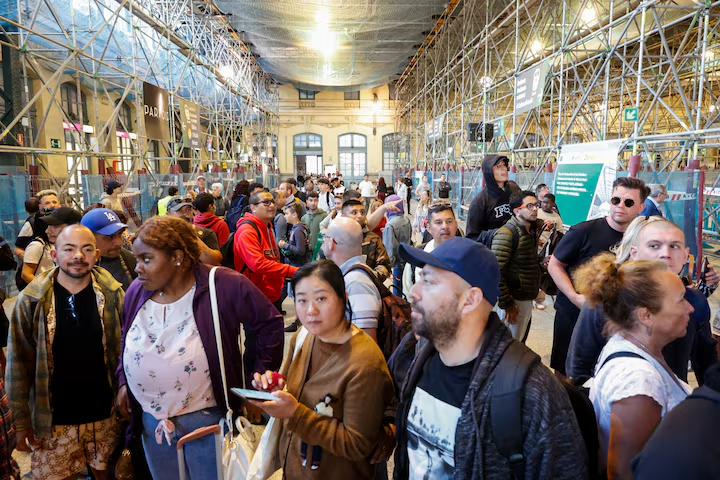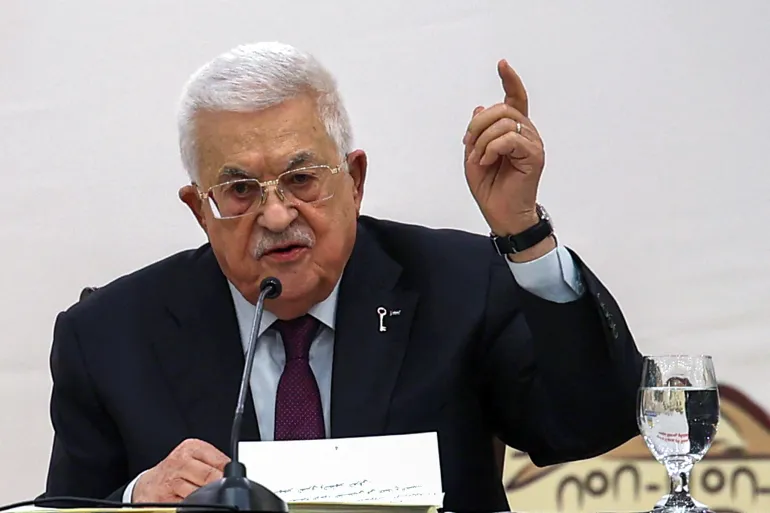South African President Cyril Ramaphosa has extended an olive branch to the United States in the form of a trade proposal, following criticism from Donald Trump, the presumed Republican presidential nominee. Trump accused Ramaphosa’s government of corruption and hostility towards the United States, a charge the South African leader dismissed as misinformed and potentially damaging to bilateral ties.
Trump’s comments came during a recent campaign rally where he declared, “South Africa is a total disaster – corrupt, anti-American, and controlled by radicals.” He warned that if reelected, his administration would reconsider trade relations with the African nation. These remarks have stirred diplomatic tensions, especially as Ramaphosa’s African National Congress (ANC) faces its own tight election race ahead of South Africa’s May 29 vote.
In a move seen as both conciliatory and strategic, Ramaphosa told reporters that South Africa was open to renegotiating aspects of the African Growth and Opportunity Act (AGOA), which grants South African goods duty-free access to the U.S. market. “We want to deepen trade relations with the United States and we are ready to discuss any concerns they may have,” he said. He emphasized that South Africa’s economic stability relies on international partnerships and that isolating the country would be counterproductive.
The AGOA agreement, originally enacted in 2000 and renewed several times, is due to expire in 2025. Ramaphosa’s administration had already been lobbying for an extension, arguing that millions of South African jobs depend on it. Trump’s threat to curtail trade preferences could jeopardize those efforts and significantly harm sectors such as automotive exports, agriculture, and textiles.
Political analysts suggest that Trump’s remarks may be aimed at energizing his conservative voter base by reinforcing a tough-on-foreign-policy image. However, his approach risks alienating key African allies and undermining U.S. influence on the continent at a time when powers like China and Russia are expanding their footprint.
Ramaphosa has refrained from launching a direct counterattack, instead positioning South Africa as a responsible partner seeking dialogue rather than confrontation. “We believe in diplomacy and in building bridges. That is how global progress is made,” he said.
In contrast, South Africa’s opposition parties have seized on the exchange to criticize Ramaphosa’s leadership. The Democratic Alliance (DA), the country’s main opposition party, said the spat with Trump highlights South Africa’s diminished standing on the world stage and called for a reevaluation of foreign policy priorities. “Ramaphosa has squandered international goodwill,” said DA leader John Steenhuisen. “The U.S. should be one of our most strategic allies, not a hostile critic.”
The U.S. State Department has not issued a formal response to Trump’s remarks, noting instead that the administration of President Joe Biden remains committed to deepening U.S.-Africa relations. A spokesperson reiterated support for the AGOA framework but declined to comment on whether Washington would consider amending or revoking South Africa’s benefits.
Ramaphosa’s trade offer could serve as a pressure release valve, providing a path for the next U.S. administration—whether led by Trump or another leader—to reset ties with Pretoria. But the outcome may hinge on both countries’ electoral dynamics. With elections looming in both nations, political posturing may continue to overshadow practical diplomacy.
Observers say the challenge for South Africa lies in preserving its trade lifelines while managing shifting international perceptions. Ramaphosa’s bet on moderation and engagement could work in his favor—if global partners are willing to meet him halfway.
Source: Reuters



